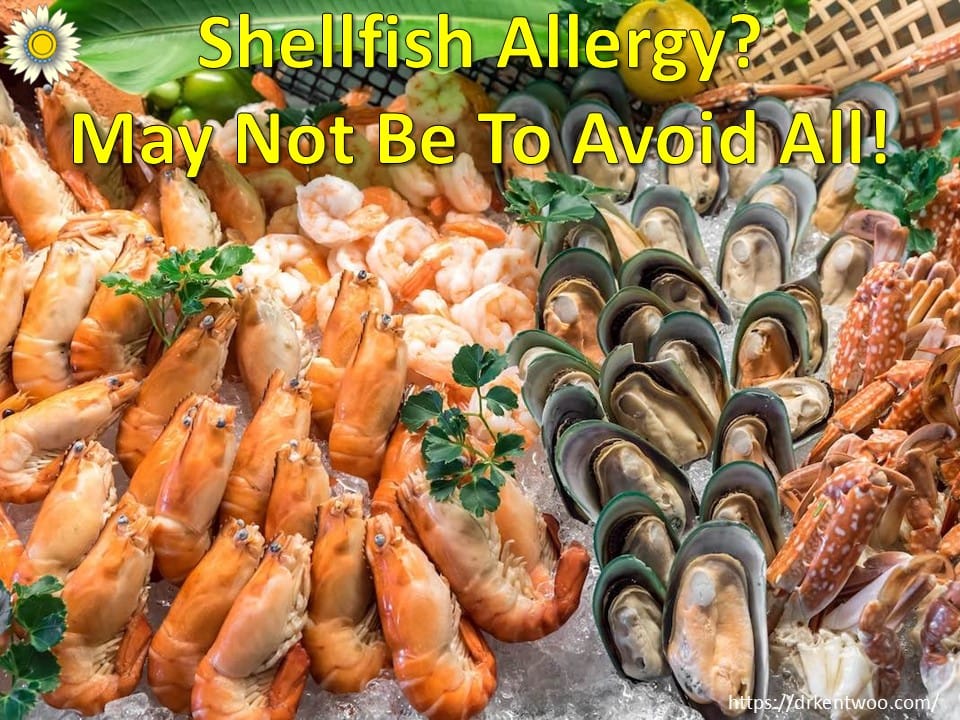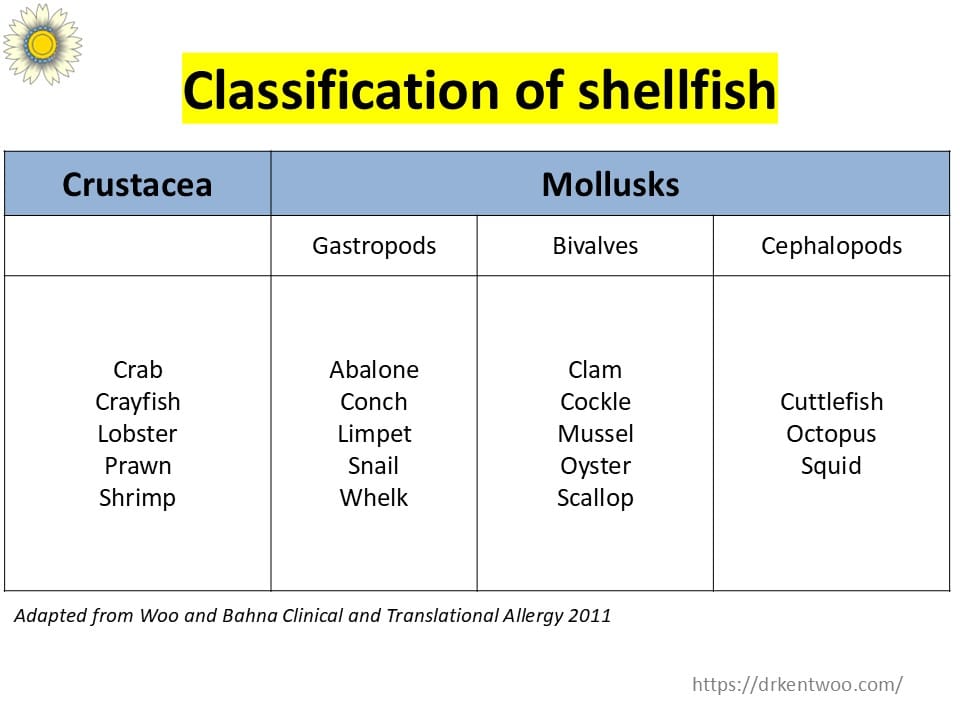Can You Eat Other Shellfish If You’re Allergic to Shrimp or Prawn? 🦐

If you’ve ever had a reaction to shrimp or prawn, you might be wondering:
“Do I have to give up all shellfish forever?”
The short answer — not always.
The smarter answer — test before you taste.
A Refresher on Shrimp/Prawn Allergy
If you’re new to shrimp allergy symptoms, I’ve written a full guide here:
👉 Shrimp Allergy Symptoms: What You Need to Know
(It’ll help you understand what’s happening inside your immune system before we dive deeper.)
Not All Shellfish Are Created Equal

Shrimp, prawns, crab, lobster, squid, scallops — they’re all “shellfish,” but your immune system might see them very differently.
Here’s what we often see in clinic:
🦐 Some patients react to tiger prawns but eat lobster just fine.
🦞 Others react to saltwater shrimp, yet tolerate freshwater ones.
That’s because shellfish allergies are driven by specific proteins like tropomyosin — and not all shellfish contain it in the same way or amount.
So, reacting to one doesn’t automatically mean you’re allergic to them all.
Understanding Shellfish Families

Shellfish actually come from two main families, and that makes a big difference when it comes to cross-reactions:
1️⃣ Crustaceans 🦐 (higher risk of cross-reactivity)
Shrimp, prawn, crab, lobster, crayfish
2️⃣ Mollusks 🦑 (lower risk of cross-reactivity)
Squid, octopus, cuttlefish
Clams, mussels, oysters, scallops
📌 Key Insight:
- If you’re allergic to shrimp or prawn, the likelihood of reacting to other crustaceans is about 40%.
- The risk of reacting to mollusks (like squid or scallops) is much lower — around 15%.
💡 If you have a shrimp or prawn allergy but can eat squid or cuttlefish without a reaction, there is no need to avoid those tolerated foods.
Why Testing Matters (More Than Guessing)

Your immune system can be unpredictable.
You might eat something safely one day and react to it the next.
That’s why we rely on science, not luck.
At The Allergy Immunology Clinic, we help you find clear answers through:
1️⃣ Skin Prick Testing – fast, accurate, and convenient.
We can even test against the actual shellfish you eat — to see which ones truly trigger your reaction.
2️⃣ Oral Food Challenge – the gold standard for confirming tolerance.
Done safely in a monitored setting (not at a seafood buffet).
You’ll be closely supervised with emergency support on standby — because curiosity should never come with a trip to the ER.
The Bottom Line

Shrimp or prawn allergy doesn’t always mean a total seafood ban.
With proper testing, many patients discover they can still enjoy some shellfish safely.
So before you say goodbye to your favourite dishes forever — Schedule an appointment to get properly checked.
It’s the difference between guessing and knowing.
Because when it comes to food allergies, the goal isn’t to eat fearlessly —
it’s to eat wisely.




